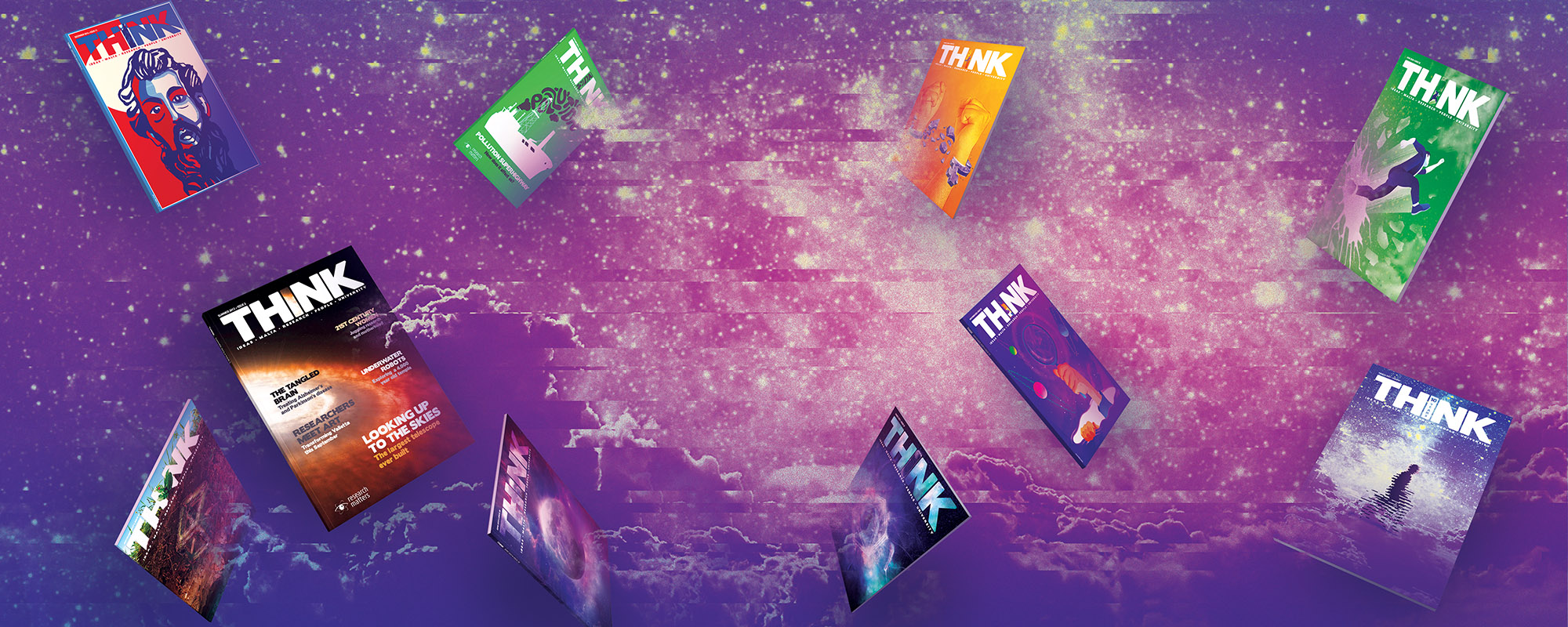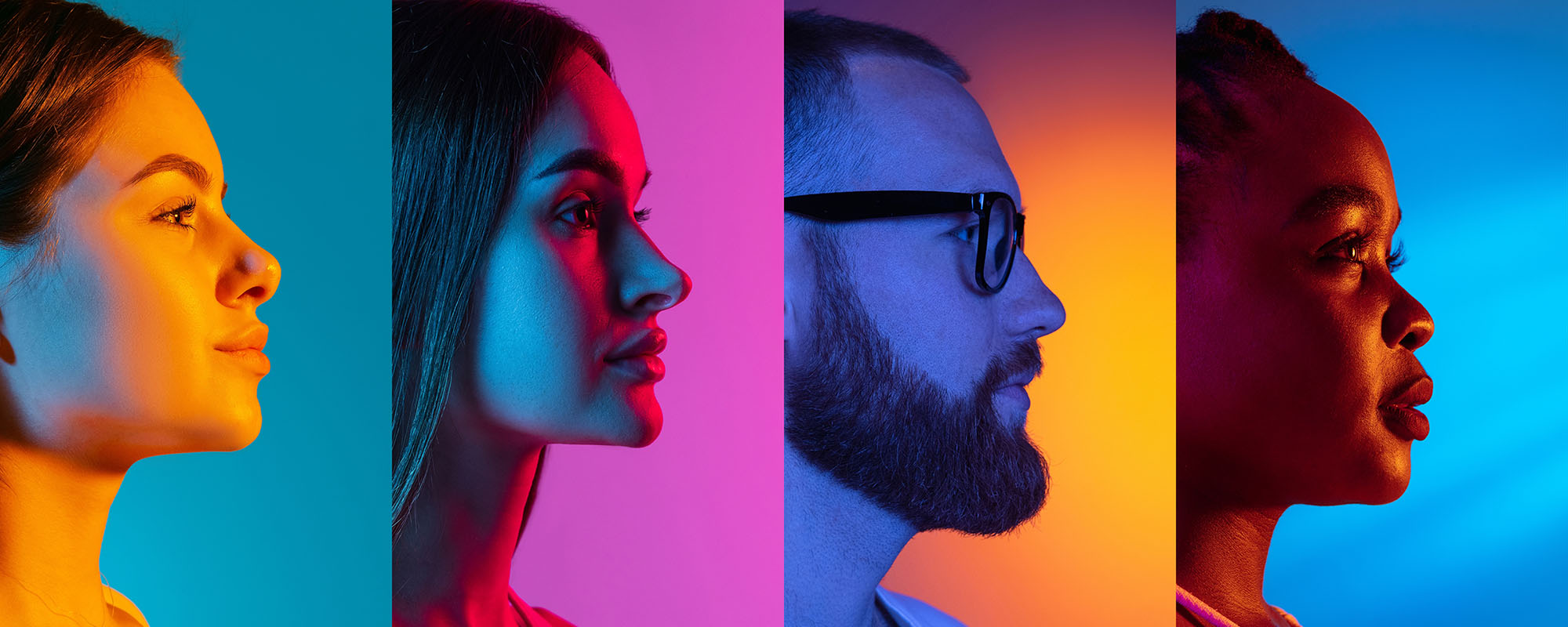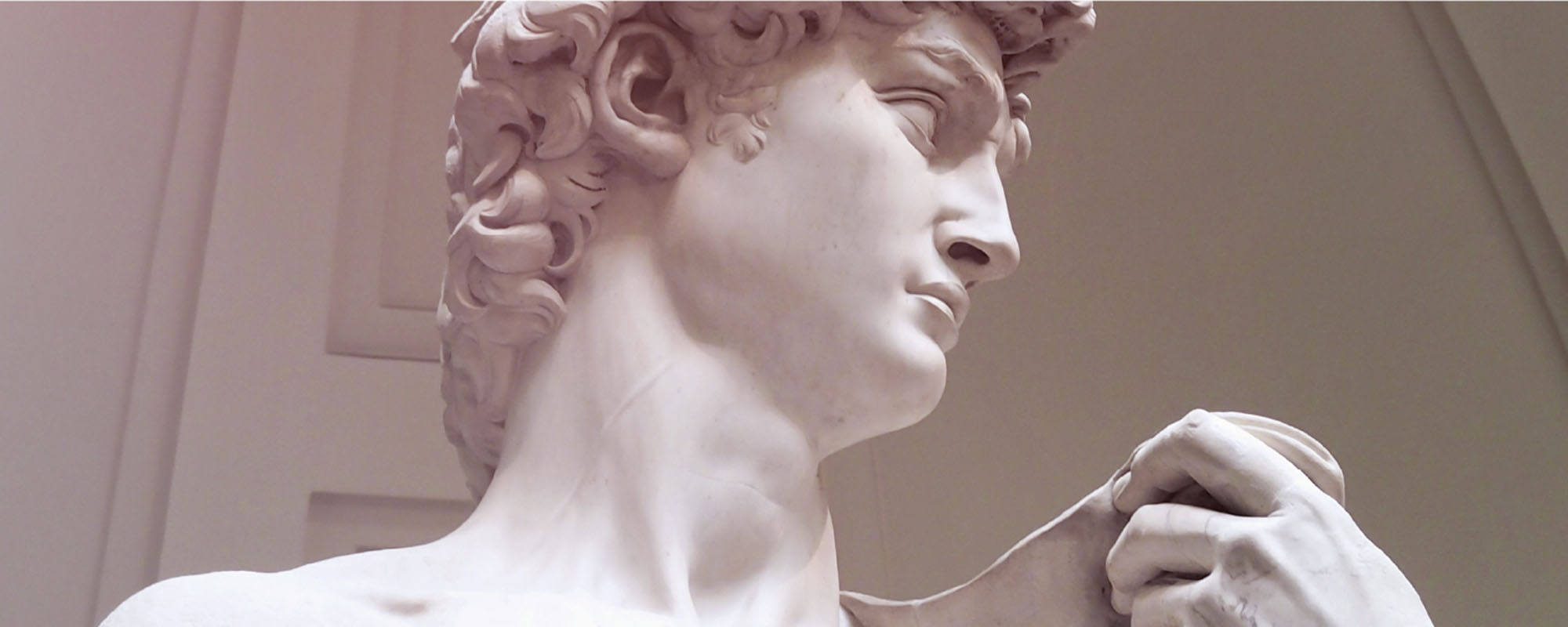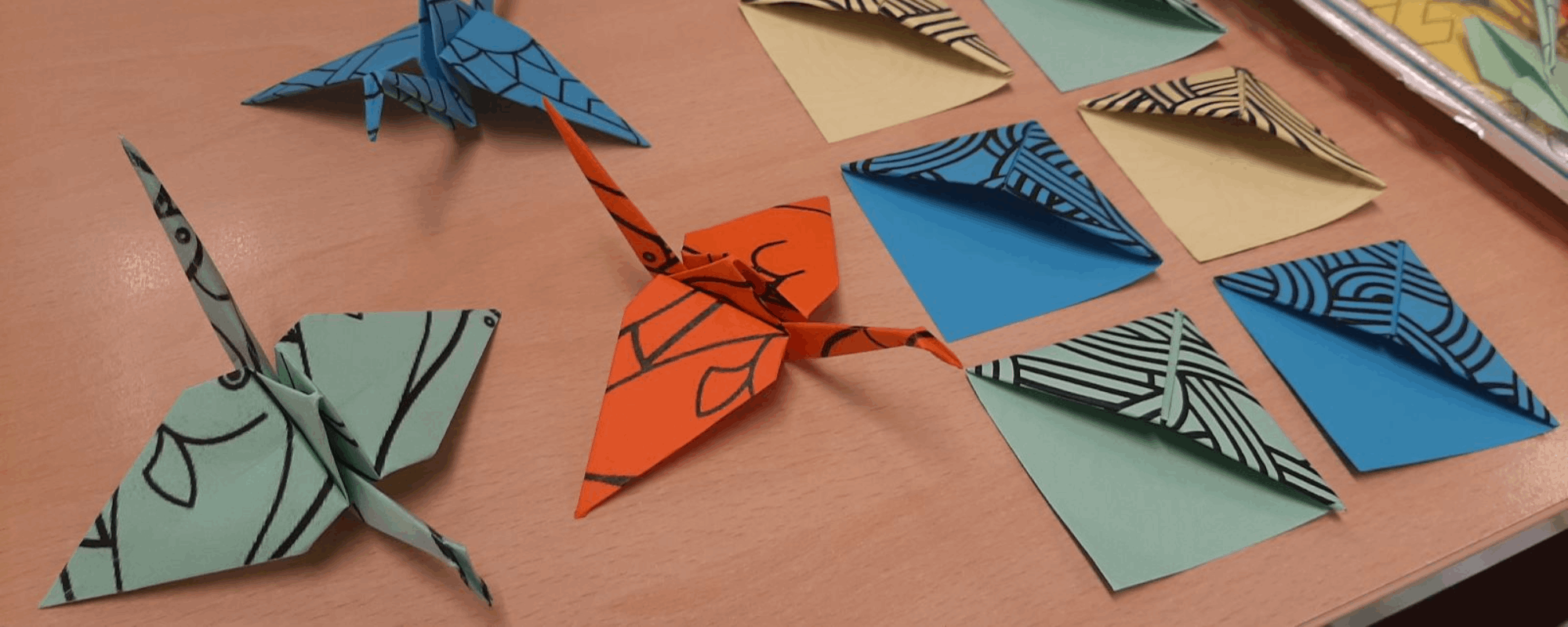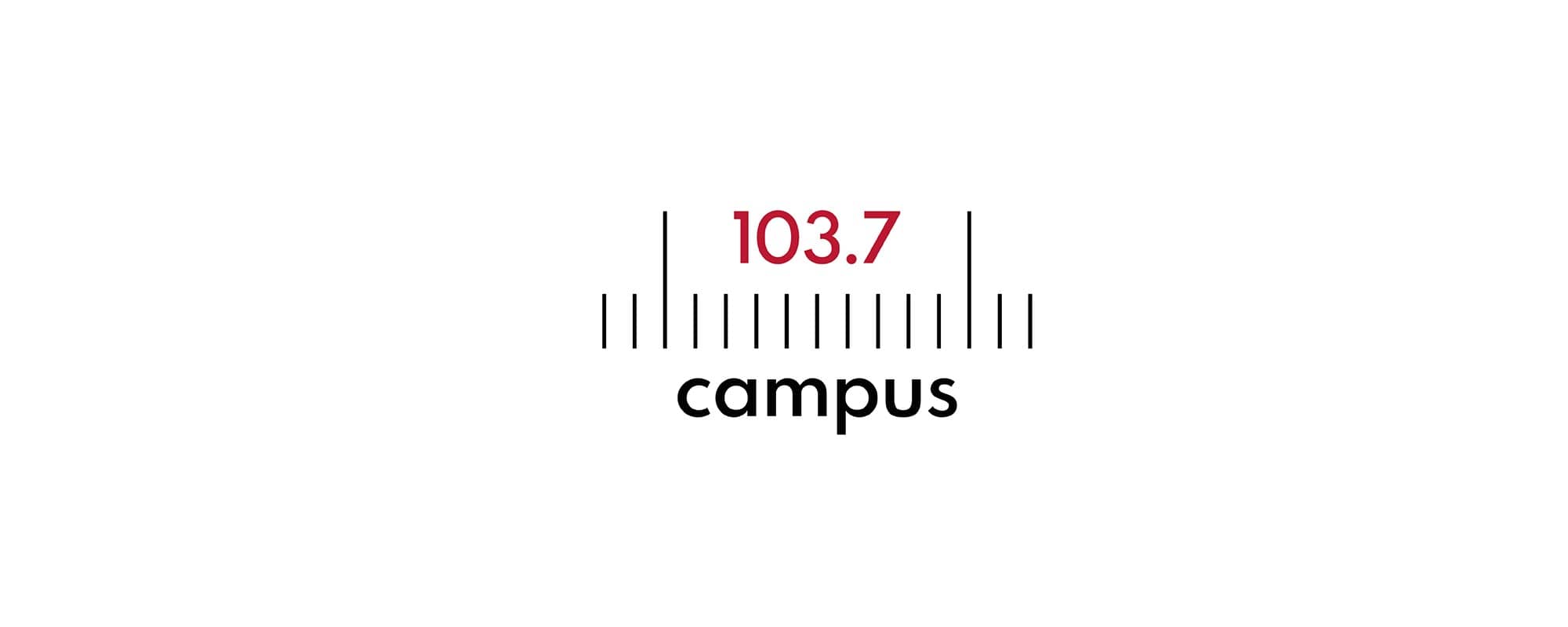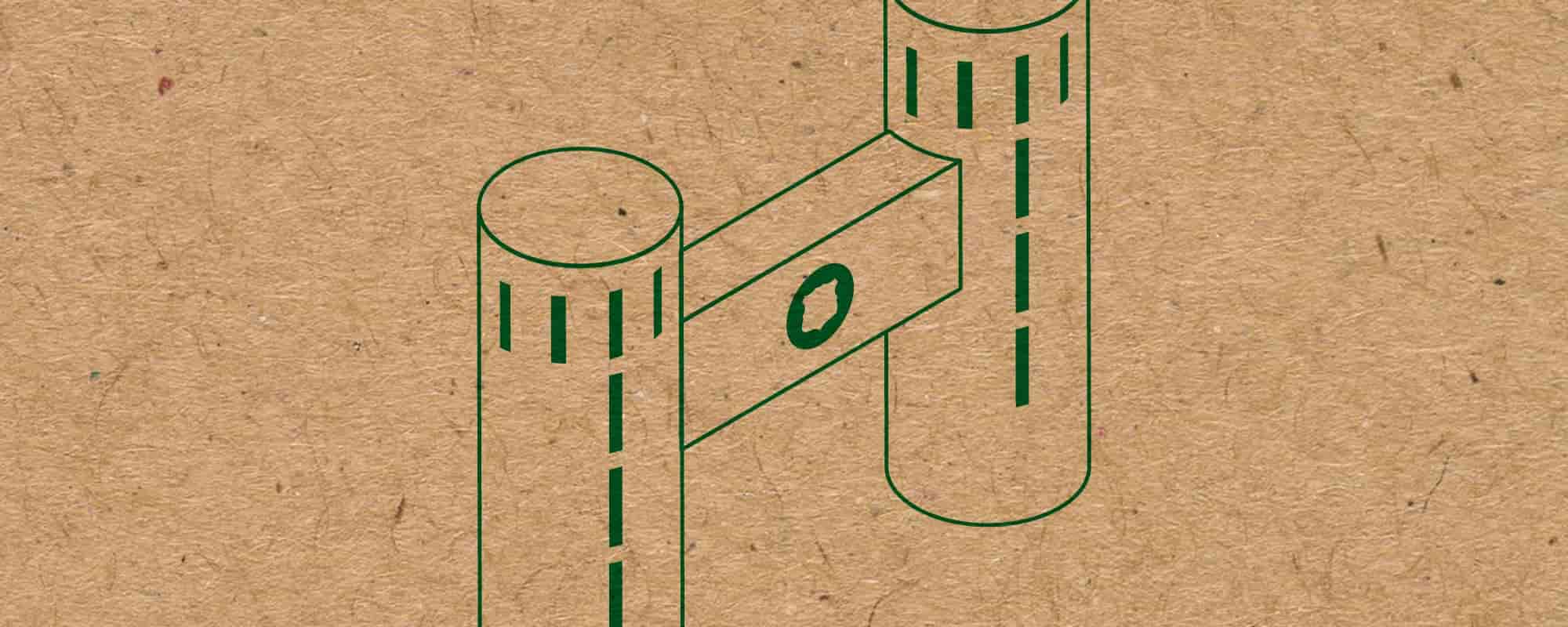Natalie Formosa shares her findings on private artists’ archives in Malta and the nation’s role in preserving such collections.
Continue readingADACE3 – Revolutionising Bookkeeping with AI
Filling in an FS3 form (Statement of Earnings/Tax Return forms) is already a headache, but imagine trying to prepare accounts for a small business. It is a time-consuming and laborious process, and doing things by hand can lead to serious mistakes. Why haven’t we automated accounting yet?
Continue readingHistory of THINK
How much do you know about the history of THINK? If you’re a THINK superfan, then you know that the first edition wasn’t called THINK. Read on to learn more about how THINK evolved over the last decade.
Continue readingface:LIFT: Using Text Descriptions to Create Photo-Realistic Faces
Imagine creating photo-realistic images of faces using only text descriptions. This innovative UM software is now freely available to the public!
Continue readingBHums: The Degree for Free Spirits
A free spirit should not be bound to the confines of one academic discipline. With its focus on human experiences, interdisciplinary approaches, critical thinking, and creativity, the BHums will certainly satisfy your voracious intellectual appetite.
Continue readingMayday! I Don’t Feel Good
Among students and academics, May has a less-than-stellar reputation as the month of great stress with those dreaded annual exams. But this doesn’t need to be so!
Continue readingOn-Site Solutions: How Project ACTIVE is Disrupting the Disinfectant Industry
During the COVID-19 pandemic, the world realised the importance of surface disinfectants. Unfortunately, as global demand surged, it became clear that supply chains could not keep up. What if there was a way for end-users to create their own disinfectants?
Continue readingTrade Your Parking Slot for a Tax Benefit
Scores of consultants have failed to provide an adequate solution to Malta’s parking woes. Through his superior intellect, Malta’s resident disembodied brain, Prof. Ing. Dr Brian Cortex, has come up with an elegant solution.
Continue readingFrom Student Project to Real-World Success: The CampusFM Rebranding Story
As part of their coursework, a group of Media and Knowledge Sciences students following a Bachelor’s of Fine Arts in Digital Arts were tasked with the challenge of rebranding CampusFM, the University of Malta’s official radio station. THINK speaks with Olga Sater, one of the students who worked on the rebranding project, about their journey.
Continue readingCampus Sustainability: University of Malta Leads the Way
The University of Malta (UM) has set out to become a sustainability ‘Living Laboratory’. Jonathan Firbank speaks with Prof. Maria Attard about the Committee for Sustainability at the University of Malta, C-SUM, and its role in this interdisciplinary, interdepartmental experiment.
Continue reading


